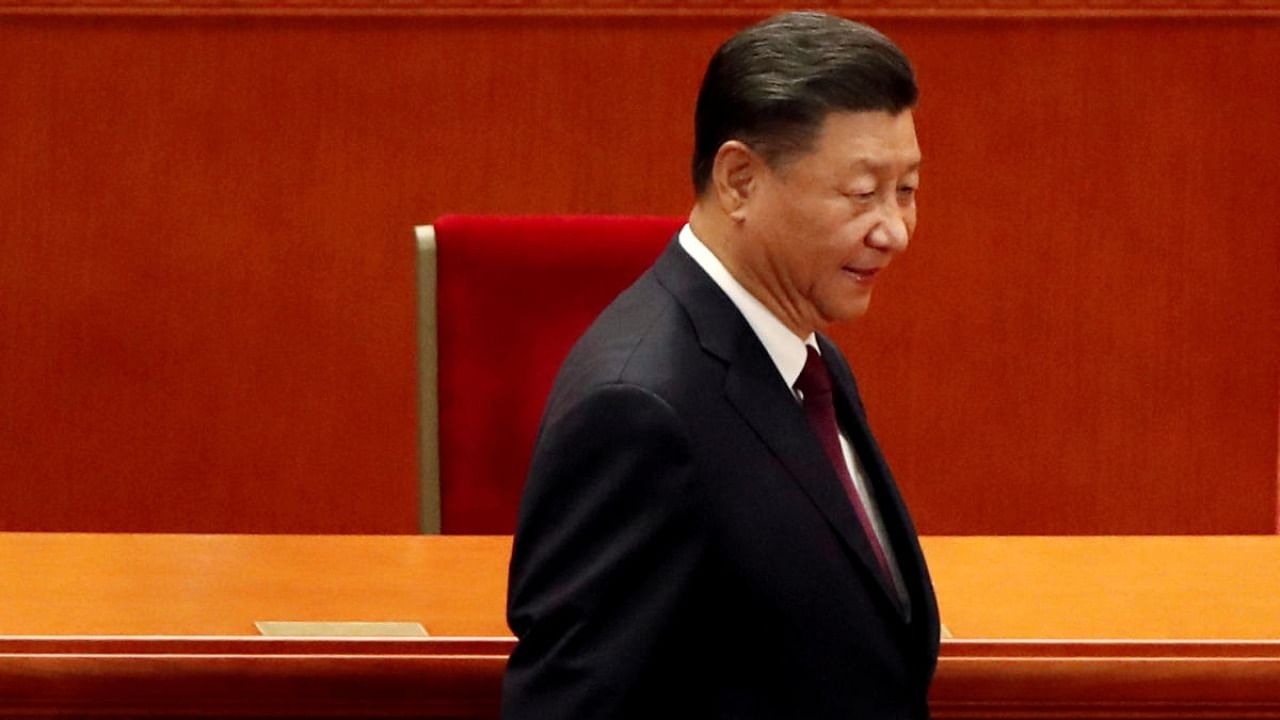
Brushing aside condemnation from Western powers, China’s leader, Xi Jinping, called his policies in the ethnically divided region of Xinjiang a “totally correct” success, and vowed more efforts to imprint Chinese national identity “deep in the soul” of Uighurs and other largely Muslim minorities.
Xi made the remarks during a two-day conference that ended Saturday, which is likely to set the direction of Chinese policy in Xinjiang for years to come. While the initial official summary of the meeting gave few details, Xi’s unyielding words signaled that condemnation from the United States, the European Union and other powers has not shifted his determination to subdue Xinjiang’s Muslim minorities through a dual strategy of political indoctrination and state-driven demographic change.
“Viewed overall, Xinjiang is enjoying a favorable setting of social stability with the people living in peace and contentment,” Xi told the meeting, according to the summary issued by Xinhua News Agency. “The facts have abundantly demonstrated that our national minority work has been a success.”
Xi’s speech was revealed at the end of a week that exposed the stark costs of China’s security strategy in Xinjiang, as well as continued international ire over the indoctrination camps and detention sites that have held hundreds of thousands — and possibly 1 million or more — Muslim minorities in Xinjiang. But Xi gave no signs of markedly softening his policies there.
The Chinese Communist Party’s strategy in Xinjiang had been proved “totally correct,” Xi said, adding that “it must be held to for the long term.”
Ever since Chinese Communist Party forces took over Xinjiang in 1949, the authorities have struggled to establish lasting control over the region’s Uighurs, Kazakhs and other minorities. Their Turkic language and Muslim traditions have set them apart from China’s Han majority, and many members of these minorities have resented the expanding presence and power of the Han Chinese majority.
After a string of attacks and protests by Uighurs, Xi set policy in Xinjiang on a more radical course after 2014, leading to the construction of hundreds of indoctrination camps intended to weaken Uighur and Kazakh adherence to Islam, and to turn them into loyal citizens who disavow separatism. At the same time, the Chinese government has tried to uproot hundreds of thousands of Uighurs from villages and assign them urban and factory jobs.